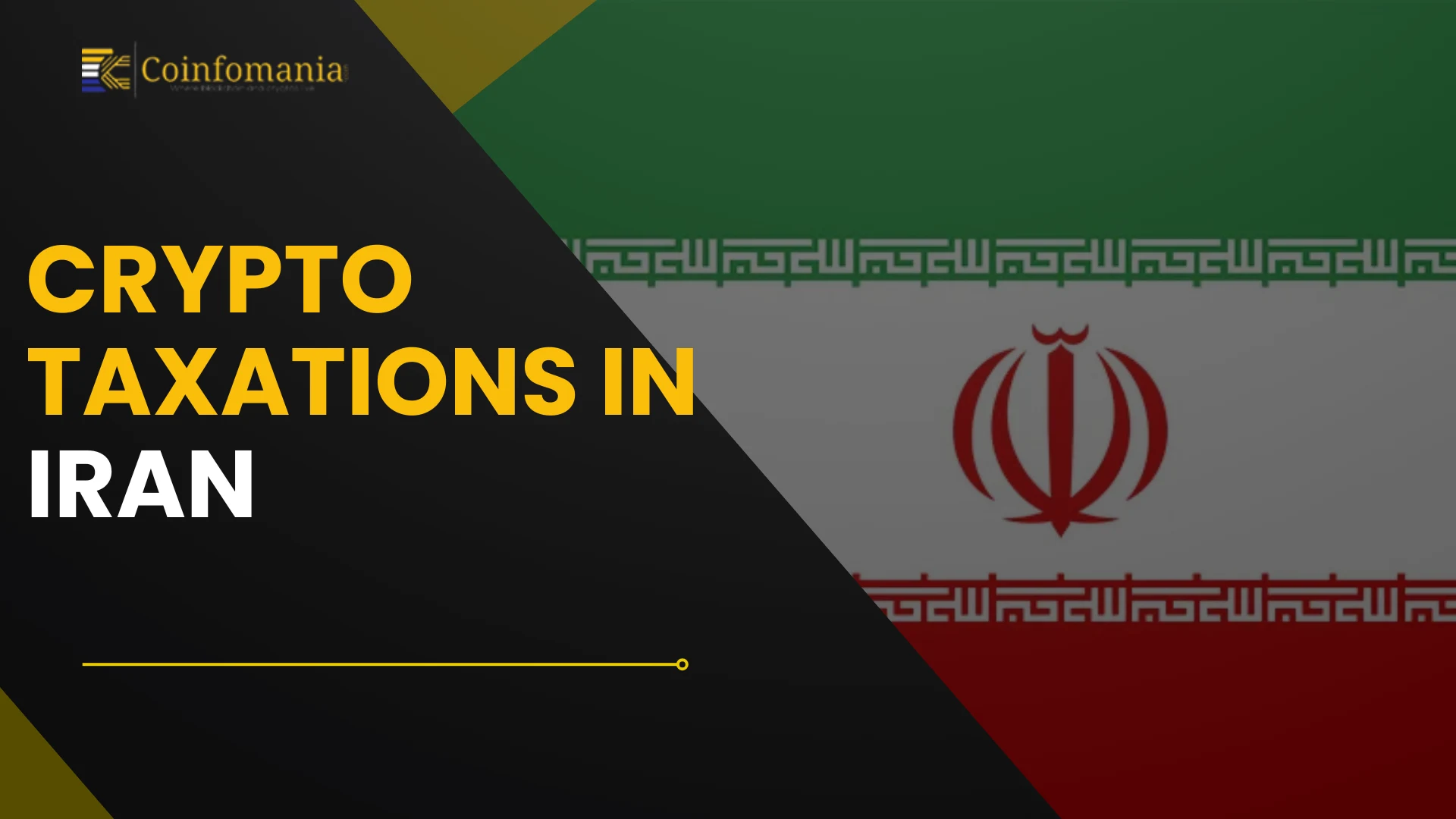Crypto Taxation in Iran
0
0

Iran has a rather complicated picture when viewed as a cryptocurrency regulatory and underground activity jurisdiction. Bitcoin mining was legalized in Iran in 2018, but strict oversight and high energy tariffs have led to widespread unauthorized operations. However, due to strict regulations and very high energy tariffs, there are huge unauthorized operations. In 2025, new measures were taken by the CBI to require all crypto-to-fiat exchanges to necessitate KYC through government APIs. Such evolving policies induce both opportunities and challenges for investors and miners and underline the necessity of understanding Iran’s unique crypto taxation framework for legal operations and avoidance of penalties in this highly regulated digital economy.
Tax Authorities & Regulations
The Iranian National Tax Administration handles taxation of cryptos, while the Central Bank of Iran supervises digital currency transactions. Cryptocurrencies legally are digital assets, not legal tender.
Key 2025 regulations:
- Every exchange must carry out compulsory KYC (know-your-customer) requirements (through the government API).
- All mining licenses are being issued by the Ministry of Industry, Mines, and Trade.
- Tax revenue will be raised from mining profits as well as gains from trading.
This multi-agency framework ensures comprehensive oversight of Iran’s crypto economy.
Types of Crypto Taxes in Iran
Iran’s tax framework for digital assets includes several key categories:
- Capital Gains Tax (CGT) – Applied when selling crypto for profit.
- Income Tax – Applied to mining rewards, staking, and crypto salaries.
- Corporate Tax – For registered crypto businesses.
- No VAT/GST – Crypto transactions are exempt.
Tax Rates & Brackets
Cryptocurrency deals do have taxes on them, like any other deal in Iran without any special “crypto tax” laws. The income generated from crypto activities like trading, mining, or staking is usually taxed under capital gains (10-25%) or business income (up to 35% of individuals and 25% of legal entities). While evolving, Iran is currently without tax mechanisms such as TDS or cess, and instead imposes compliance with KYC mandates and Central Bank of Iran monitoring of exchanges.
Crypto Transactions & Tax Treatment
Iran’s tax system applies specific rules to different cryptocurrency activities. Each transaction type carries distinct tax obligations that users must account for:
- Buying/Selling Crypto: Capital Gains Tax applies to profitable sales.
- Mining: Rewards taxed as income (higher rates for unlicensed operations).
- Crypto Salaries: Treated as ordinary taxable income.
- Crypto-to-Crypto: Each trade constitutes a taxable capital event.
- DeFi/Yield Farming: Earnings classified as taxable income (Note: Unauthorized DeFi activity may trigger CBI monitoring).
- NFTs: Subject to CGT upon profitable disposal.
This framework ensures comprehensive coverage of Iran’s evolving crypto tax policies.
Crypto Tax Reporting & Compliance
Iran maintains strict reporting standards for cryptocurrency activities. The framework requires:
- Filing Requirements: A statement of income from cryptocurrency activities should be submitted each financial year.
- Required Records: Full transaction documentation including: logbooks, mining records, and exchanges.
- Time: The deadline reaches in March, which is a tax month in Iran.
- Penalty: Punishment will be imposed if some deviation from the norms is found.
Tax Deductions & Exemptions
Iranian taxation law gives few and very selective allowances for the tax relief of cryptocurrency operators. Investors are able to relieve capital gains through verifiable crypto losses. Licensed mining businesses may deduct acceptable business operational costs, such as equipment and energy costs, from gross income. These provisions have made it easier for compliant participants in Iran’s regulated crypto economy to mitigate the tax burden.
Enforcement & Penalties
Iran has put in place stringent measures to ensure compliance with crypto taxes. The Central Bank of Iran also uses transaction tracking by means of KYC measures of exchanges, while forensic examination of blockchains through which transaction flow would be tracked. A violator will face many repercussions, from huge monetary fines to halting operations and, in serious cases, criminal indictment for tax evasion. This scheme shows that Iran takes quite a strict position in terms of its digital asset ecosystem and does its best to deter illicit conduct.
Future of Crypto Taxation in Iran
The expectation is that Iran will refine remaining aspects of its crypto tax policy, such as lower rates applicable to compliant miners and clearer DeFi regulations. Ultimately, this would be a way to draw in investments while still maintaining some degree of government control, and the third leg reflects Iran’s balanced approach toward crypto adoption and economic growth.
Conclusion
Cryptocurrency mining and trading in Iran will be under strict regulations starting in 2025. While cross-border trade of crypto is legal, domestic use remains under control. Miners incur corporate taxes while capital gains taxes apply to traders. These are largely due to certain ambiguous enforcement provisions and fines. One of the most important strengthening measures concerning the changing cryptocurrency policies of Iran is to maximize the potential of digitizing assets while retaining financial power.
FAQs
1. Are Iranians permitted to own cryptocurrency legally?
Yes, Iranians can exercise the legal ownership of cryptocurrencies, although their transactions are highly surveilled. The Central Bank requires KYC for exchanges or risks trading-related penalties for unauthorized exchanges.
2. Is international crypto trading allowed?
International crypto trading is restricted under Iran’s foreign exchange laws. Only government-approved exchanges can process cross-border transactions, with mandatory reporting to financial authorities.
3. Can foreigners invest in Iran-based crypto operations?
Foreign investment requires special approval from Iranian regulators. The government prioritizes domestic control, making foreign participation in mining or exchanges subject to stringent licensing.
4. How does Iran treat crypto donations or gifts?
Cryptocurrency gifts/donations may be subject to wealth tax if exceeding thresholds. Recipients must declare substantial crypto gifts to tax authorities, with valuations based on market rates at receipt.
5. What is Iran’s projected cryptocurrency market?
Iran’s crypto market is projected to generate $1.5 billion in revenue due to growing adoption-despite regulatory challenges 2025 and $1.9 billion by 2026. The revenues of trading, mining, and crypto-economic activities fall under this category.
The post Crypto Taxation in Iran appeared first on Coinfomania.
0
0
 Manage all your crypto, NFT and DeFi from one place
Manage all your crypto, NFT and DeFi from one placeSecurely connect the portfolio you’re using to start.




